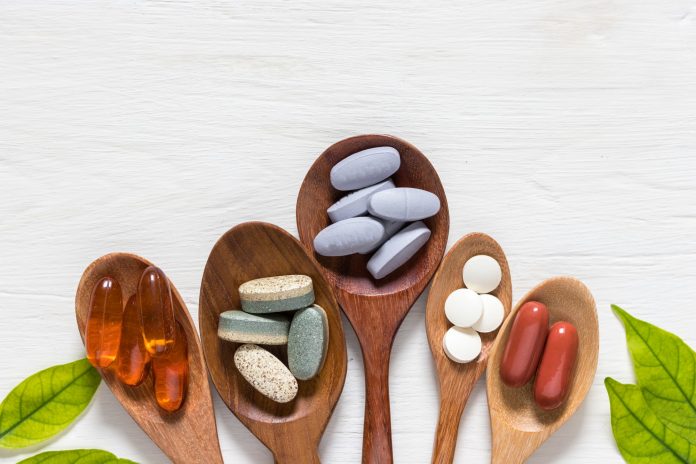Viruses and Covid-19 are on the attack. Customers want to feel empowered when it comes to their own health and map out a plan for their own defence. Through supplements, they can assist in strengthening their immune system and help ward off colds and flu, which are plentiful this year.
But while supplements are regarded as a great aid, pharmacists may field customer questions such as: what are the best types of supplements to consume, and what types of vitamins, minerals and supplements (VMS) will help fight off the flu?
Retail Pharmacy consulted accredited herbalist and pharmacist Gerald Quigley for his views on supplementation.
Risk-reduction mission
For almost three years, society has been confronted with media and government warnings about Covid-19 and viruses.
According to Mr Quigley, “thinking individuals” will consider what steps they can take to reduce their risk of succumbing to viral infection, and will turn to supplements “to feel empowered in their own health, rather than waiting until something happens”.
“Covid and the recent viral issues are probably reminding us that we’re mortal and need to be sensitive and seek advice as to what’s available,” he said.
He adds that consumers these days are more informed and want to take control of their own health as demand increases for GP and hospital appointments, which makes it more difficult to seek professional help.
VMS that make a difference
According to Mr Quigley, vitamins and minerals in supplements that will strengthen the immune system include:
- Vitamin C.
- Vitamin D.
- Zinc.
Additionally, herbal ingredients such as olive leaf and Andrographis can assist in strengthening the immune system and warding off colds and flu, he says.
He adds that while “this isn’t an ironclad bubble that you’ll step into once you start taking them, but it may mean that if you’re unwell, your recovery rate is quicker”.
Top tips for supplements
Row upon row of supplements line pharmacy shelves – powders, tablets, capsules, gummies and more. So which is the best form?
Mr Quigley says he prefers capsules, which are “easier to swallow and easier to digest”.
“I’m also a fan of a one-a-day capsule,” he said. “I look for formulations that are sufficiently potent that one a day will suffice, because most people want the easiest option and an ironclad guarantee, and usually that sort of formulation is where I head.”
Customers should be reminded that supplements will work only alongside the four significant factors that rule the body, Mr Quigley advises.
“[I remind] people that they’ve got to get adequate sleep, have a balanced diet, control their stress, and they should be going for a walk every day – suitably rugged up,” he said.
Put yourself first
Mr Quigley cites the importance of pharmacists putting themselves first, which may seem confusing because in this profession, the needs of patients and those visiting the store are generally prioritised. He insists, though, that to look after your community, you must first look after yourself.
“They [pharmacists] aren’t any use to anybody if they aren’t looking after themselves,” he said. “They need to consult from experience and develop a prescribing personality so they can just bring these things to the mind straight away.
“They need to intervene if a person is at risk.”
Simply the best way
It’s a rule of thumb as old as time, but keeping things simple is incredibly effective when it comes to advice around VMS, Mr Quigley argues.
“We’re not trying to make a sale,” he said. “We’re trying to offer a solution to a problem … Therefore, there has to be a sensible response without making things too complicated – something that’s easy for people to understand from a usage perspective.”
This feature was originally published in the August issue of Retail Pharmacy magazine.








